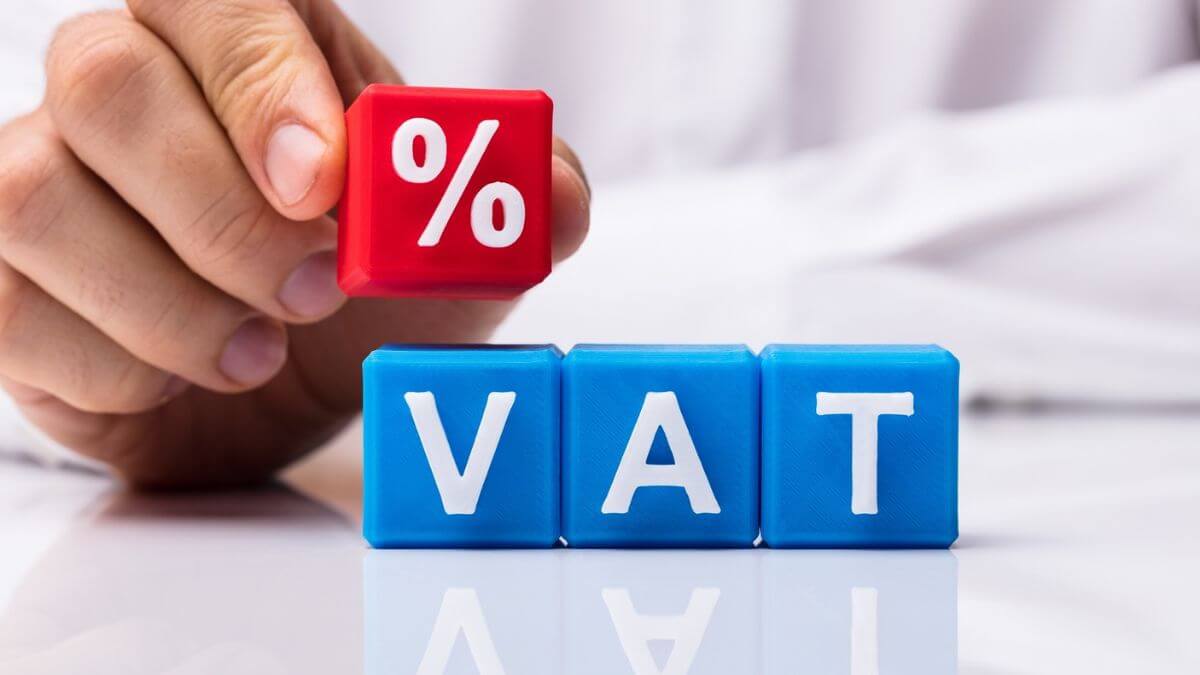News
VAT Rule Update: UAE Announces Changes In Certain Rules, Beginning January 2023

Coming into effect on January 1st next year, the amended set of Value Added Services tax rules will be introduced to the nation bringing broader changes to the various sectors, reports several media outlets.
Value Added Tax (also known as VAT) is a form of general consumption tax that is an indirect tax. One of the most prevalent forms of consumption tax found worldwide, countries impose VAT on the majority of supplies of goods and services that are bought and sold.
New VAT Exemption Starting From January 1
But on the same note, UAE’s Ministry of Finance (MOF) announced on Thursday that natural persons serving as board members for organizations and institutions throughout the country will not be charged value-added tax (VAT) for their director services.
Keeping track of the tax’s previous introduction, Value Added Tax (VAT) was instituted in the UAE in January 2018 at a rate of 5%. Amends have been made to certain provisions since then, and the subsequent decision to launch the latest version.

As per Younis Haji Al Khoori, Undersecretary of the Ministry of Finance, performing board member duties at a government entity or private establishment in exchange for compensation (in the form of money or benefits in kind) will not be regarded as a supply of services for the purposes of VAT under the Cabinet Decision amending the Executive Regulation of the Federal Decree-Law on VAT, which will go into effect on January 1, 2023.
Prior to the implementation of the new legislative amendment, he stated that duties performed by board members, whether natural or legal persons are treated as taxable services subject to VAT, provided that the member performs them on a regular, ongoing, and independent basis and that the combined value of these taxable supplies, along with any other taxable services and import transactions, is greater than the threshold requiring tax registration.
He continued by saying that the date of supply should be taken into account to determine whether or not director services rendered by a member of a board fall under the amended provisions in cases where they extend past January 1, 2023 (the date the Cabinet Decision becomes effective). When the new rules take effect, a board member who has been registered for VAT may or may not deregister for VAT purposes depending on whether they no longer meet the requirements for mandatory or voluntary registration.
The exemption is only available to a natural person, whether an Emirati or an ex-pat, according to Anurag Chaturvedi, CEO and managing partner of Andersen, an independent firm that provides individual and business clients with tax, valuation, financial advisory, and related consulting services.
Further elaborating on his observations, Anurag equipped that the CEO also serves as the company’s executive director. These services provided by the director will remain outside the purview of this clause. A non-executive director’s fee was previously considered a deduction from taxable supplies the director made, but this is no longer the case if the director is appointed to the board of directors and is not involved in the day-to-day operations of the company. It appears that the fees the natural person received would now be regarded as being outside the purview of UAE VAT, and “such directors would now have to apply for de-registration as of January 1, 2023,” he said.
He explained finally by saying that the director’s fee received by the company in the event that a legal person, such as a company, appoints an alternate (an Emirati or an expatriate), would not be covered under the stated exemption and would instead continue to be subject to VAT at 5%.